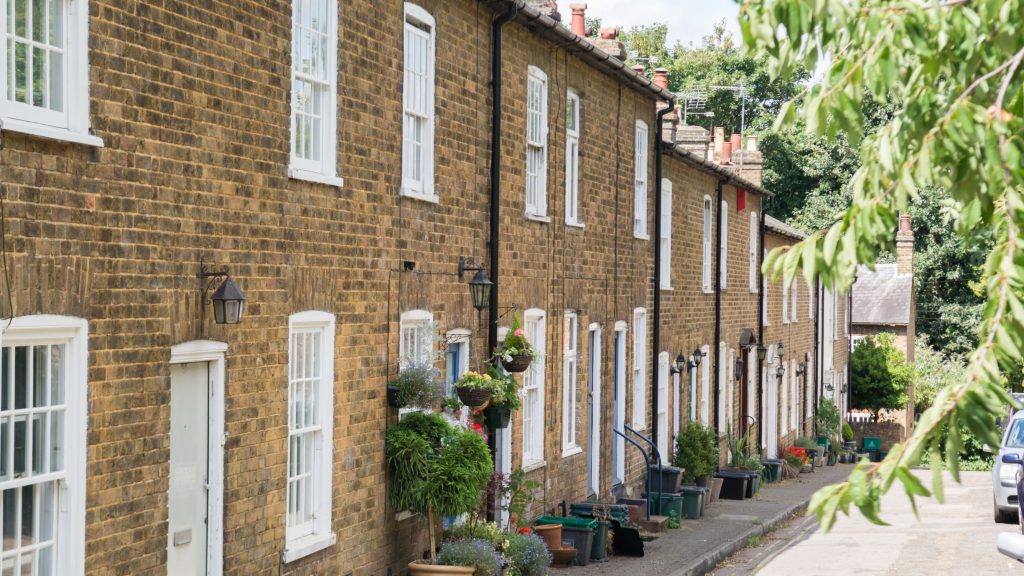
In the evolving landscape of property investments, many landlords are exploring avenues to enhance their tax efficiency. For those with properties in popular holiday destinations, Furnished Holiday Lets (FHLs) present a tax-beneficial alternative to traditional buy-to-let options. But how can one determine if their property qualifies as an FHL?
Understanding Furnished Holiday Lets (FHLs)
FHLs are distinct from regular residential and commercial properties. Recognised by HMRC as a trade, these properties come with their own set of tax implications and benefits. To be classified as an FHL, a property must:
- Be located in the UK or the European Economic Area.
- Be adequately furnished for regular occupation, with visitors having full access to the furniture.
- Satisfy specific occupancy criteria.
Furthermore, the property should be let commercially, meaning there should be an intent to generate profit. Even if the property is let out of season to cover costs without making a profit, it’s still considered a commercial letting.
Key Occupancy Criteria for FHLs
- Pattern of Occupation – Lettings that exceed 31 continuous days should not surpass 155 days in a year.
- Availability – The property should be available for furnished holiday accommodation for a minimum of 210 days annually.
- Letting Condition – The property must be let to the public as furnished holiday accommodation for at least 105 days within the year.
What are the Tax Advantages for FHLS?
Here are some of the benefits of FHLs:
Furnishing Costs
Capital allowances can be claimed, allowing deductions for furnishing costs from pre-tax profits.
Pension Contributions
FHL income is deemed as ‘relevant earnings’, enabling tax-advantaged pension contributions.
Capital Gains Tax (CGT) Reliefs
Selling an FHL property offers specific CGT reliefs, including Entrepreneur’s Relief, Roll-over Relief, and Hold-over relief.
Profit Distribution
Profits can be allocated based on beneficial interest or the work involved in letting the property.
Mortgage Interest
Unlike other residential lettings, mortgage interest for FHLs is fully deductible.
However, it’s essential to be aware of certain challenges, such as VAT implications if your FHL turnover exceeds the threshold and the effort required to manage the property.
Get in touch
In the dynamic world of property investments, FHLs offer a lucrative opportunity. With AIT Accountants by your side, you can navigate the complexities of tax implications, ensuring a profitable and hassle-free experience. Get in touch with us at enquiries@aitaccountants.co.uk.
0 Comments